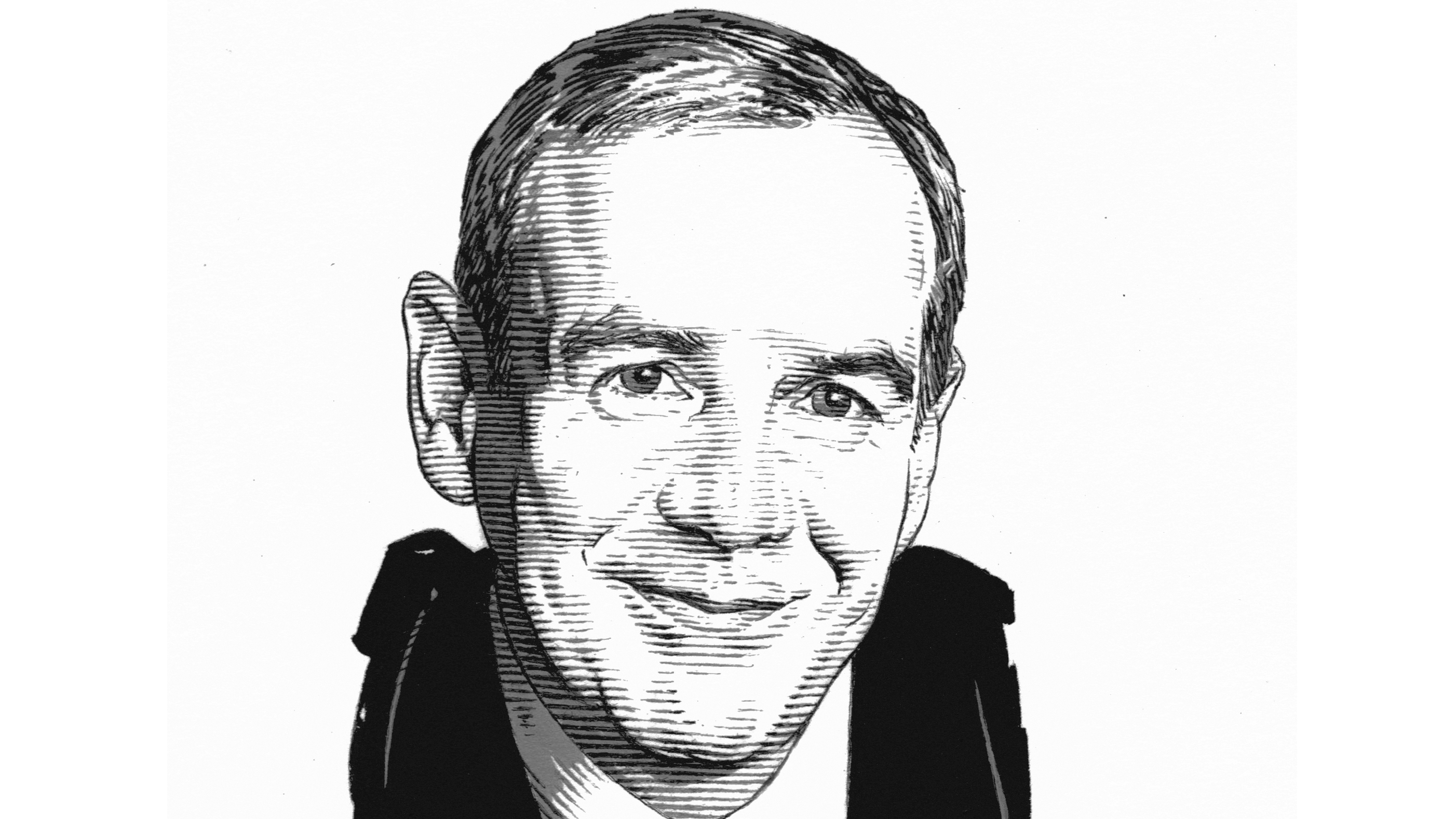
2020 has been one of the toughest years ever for banks, but following the result of the US election and positive news about a Covid 19 vaccine, there are reasons to be more optimistic.
In the past seven days, there has been a complete change in the global outlook. A new president with a completely different style has been elected in the US and a breakthrough in the search for a Covid-19 vaccine has sent stock markets soaring. It may be too early for bankers to break out the champagne but at least there is light at the end of the tunnel.
It was former British prime minister Harold Wilson who coined the oft-quoted phrase ‘a week is a long time in politics’. Based on the current turn of events, few would disagree with these sentiments being applied more widely than just to politics.
Let’s consider how the different pieces of news may impact on banking. Clearly, not all US-China trade tensions will disappear with the replacement of Donald Trump by Joe Biden in the White House. But, at least, given the president-elect’s more statesmanlike style, we can expect that negotiations will be conducted more diplomatically and that this should lead to a better outcome. International banking depends on a free trade environment and, while some kind of trade restructuring in a post-Covid world is inevitable, this can be done in better or worse ways. Hopes must be higher that with Mr Biden in office that a better way can be found.
Banking is not yet in the clear but, after such an eventful week, it is starting to emerge from the darkness
Then there is the state of international relations, more generally, and the need for cooperation on climate change, in particular, with the US now set to sign back up to the Paris agreement and rejoin the World Health Organisation. Banks have spent the last few years preparing themselves to assist with business renewal in the wake of anti-climate change measures. This means that more rapid movement on this front plays to their strengths. By putting their plans into action, banks will be earning both new revenue streams as well as helping to save the planet. More broadly, better international cooperation of the type we can expect under the new US administration sets up a virtuous circle that feeds back into improved trade and commercial relations.
Finally, we have the positive news about the vaccine. The longer the pandemic goes on, the more bad loans are piling up on balance sheets and the lower interest rates are falling with all the incumbent problems for net interest margins. The only scenario available until now was of governments embarking on extraordinary spending and central banks trying to offset this using monetary operations. Now there is the prospect of a rising yield curve as economies recover.
Trying to plan for a scenario with no endgame in sight has been the impossible task faced by bank CEOs. Now more realistic planning can take place. Banks can make pragmatic calls about the financial condition of customers and work out how best to assist them. Banking is not yet in the clear but, after such an eventful week, it is starting to emerge from the darkness.
Brian Caplen is the editor of The Banker. Follow him on Twitter @BrianCaplen
Register to receive my blog and in-depth coverage from the banking industry through the weekly e-newsletter.


